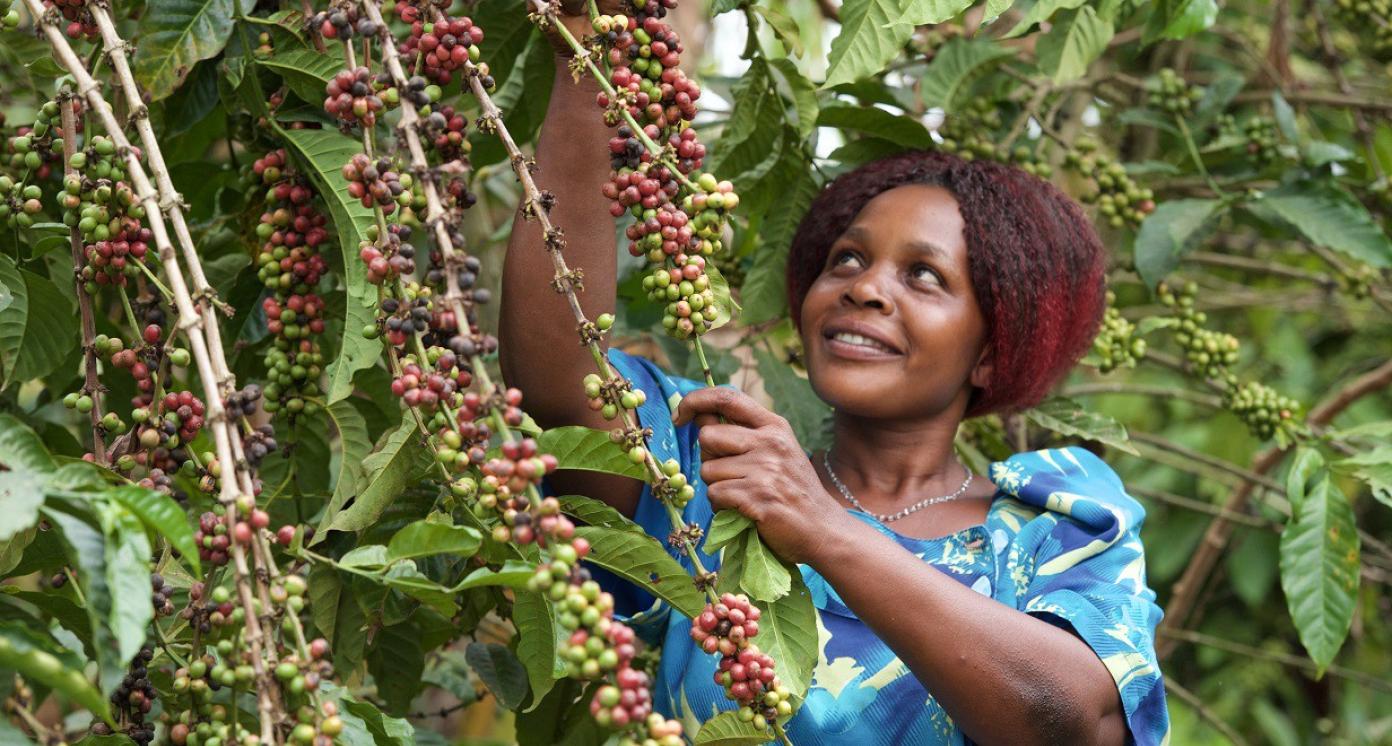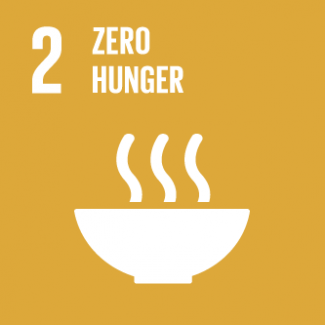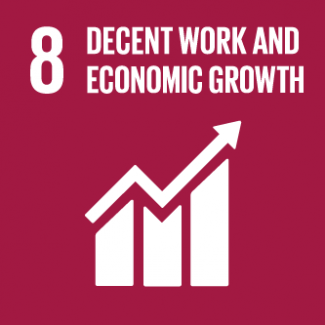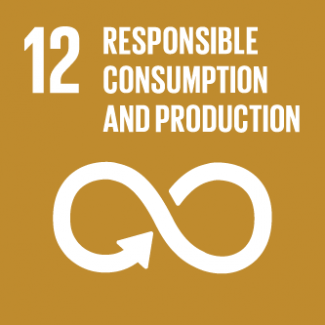NUCAFE, or the National Union of Coffee Agribusinesses and Farm Enterprises, was founded in 2003 and has since evolved to become the largest employer in Uganda’s coffee industry.
In Uganda, most smallholder coffee farmers do not have access to the equipment to process and add value to their raw coffee beans. They are forced to sell unprocessed coffee to middlemen at less than 5% of its retail value. Without access to financing that would enable them to afford processing equipment, over 10 million smallholder coffee farmers can get stuck in a cycle of poverty.
NUCAFE uses the farmer ownership model to empower coffee farmers to become impactful entrepreneurs that generate jobs along the value chain. Through its services, the enterprise provides coffee farmers with access to processing factories all the way from on-farm processing to manufacturing and exporting. Complemented with value chain technical skills, business development and farmer organization governance and management training, NUCAFE services have increased household income of coffee farmers by 250% for graded coffee and 900% for roasted and ground coffee over a period of two to five years.
NUCAFE further invests in cost reduction services and climate resilience building and has invested in industrial solar energy generation, which lower carbondioxide emmsions and allows farmers to reduce electricity costs from the national grid by at least 40% in the medium to long term.
Building on its current 308 entrepreneurial employees, 200 farmer association enterprises and 1.5 million farmer entrepreneurs, NUCAFE seeks to empower 50,000 coffee farmers by 2022 and, by 2025, establish a fully-fledged coffee farmer ownership model and a coffee career and entrepreneurship training centre, which will upskill 250 farmer associations and cooperatives and establish specialized corporate entities as portfolio providing services. Through an additional target investment of approximately 3 million USD, NUCAFE expects to create a total of 360 jobs that will translate into 240,000 engaged suppliers and reach a total of 1.6 million low-income individuals with 30% average increased annual income earned.
This case study is sourced through UNDP Business Call to Action (BCtA) as well as a partnership with the UN Capital Development Fund (UNCDF).
BCtA members are confirmed to engage low-income people in core business, be commercially viable, be built for scale and to advance the SDGs, and are guided by the BCtA Code of Conduct. Learn more about the case study on the enterprise’s BCtA membership site.
Through UNCDF, the company has gone through the “dual key” analysis that undertakes an impact and financial assessment of the investment. It was identified through a call for proposal by Local Finance Initiative (LFI) Uganda Programme done in 2016 for SMEs interested in investing in Local Economic Development value addition infrastructure in rural districts. LFI unlocks public and private funds to SMEs through providing technical assistance and application of credit enhancement instruments.



















